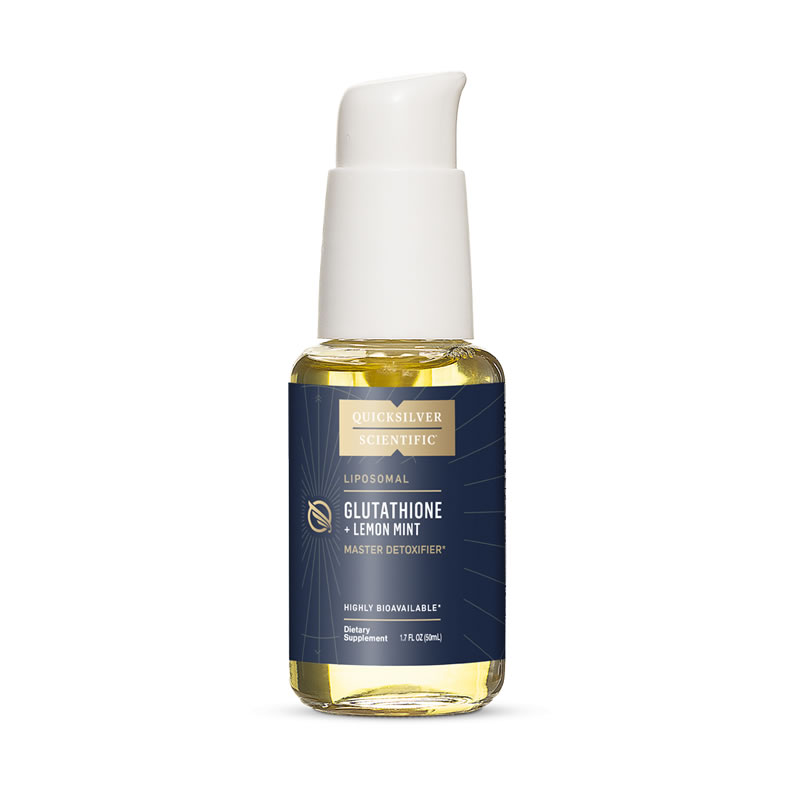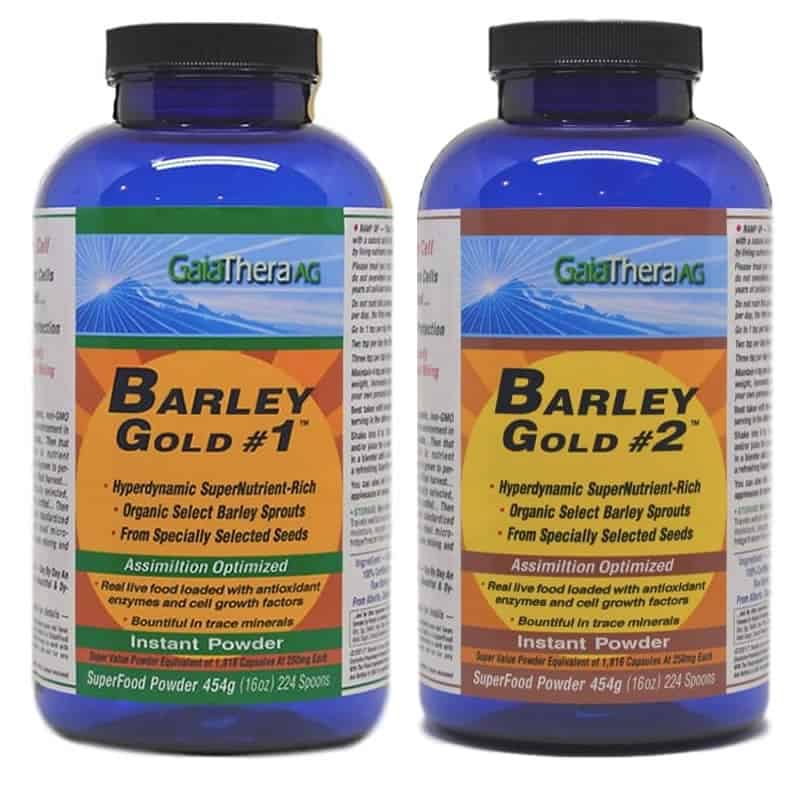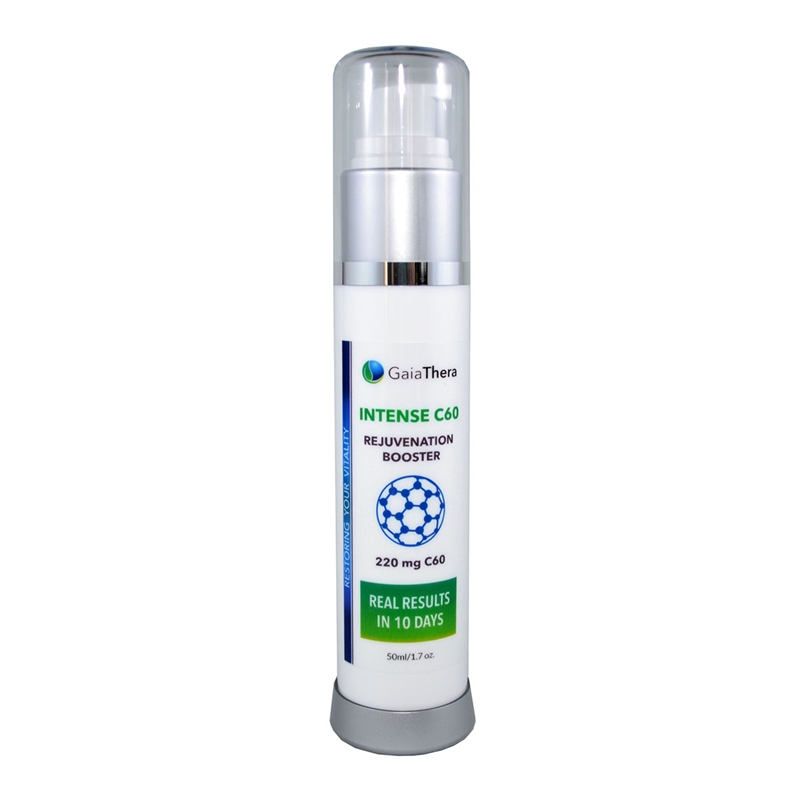No products in the cart.
Glutathione: The Undiscovered Natural Drug
by Patricia A.L. Kongshavn, Ph.D,
Former Professor: Department of Medicine, McGill University, Montreal, Canada
Patricia Kongshavn received her Honors Degree in Natural Sciences as a Major Scholar at Cambridge University, and completed her doctorate in Immunology at McGill University after immigrating to Canada. She subsequently joined the Faculty of Medicine at McGill University and held appointments in the Departments of Physiology and Medicine, becoming Full Professor in 1986. Her research was funded by independent grants to her from the Medical Research Council of Canada, the National Cancer Institute of Canada and the National Institutes of Health in the United States.
Her main research was concerned with increasing basic knowledge of the immune system, with a focus on cellular immunology, host/parasite interactions and the genetics of natural resistance. In the mid-1970s she began collaboration initiated by Dr Gustavo Bounous to research the influence of various dietary proteins on immune responsiveness. They published their first paper on this research in 1978 and continued their collaboration until 1989, during which period they co-authored 14 papers. This work led to the discovery of an undenatured whey protein concentrate that regulated glutathione levels and promoted immune enhancing and anti-carcinogenic activity. This led ultimately to the production of a high quality bioactive nutraceutical: Immunocal.
Glutathione
Glutathione is a small molecule found in almost every cell. It cannot enter most cells directly and therefore must be made inside the cell, from its three constituent amino acids: glycine, glutamate and cysteine. The rate at which glutathione can be made depends on the availability of cysteine, which is relatively scarce in foodstuffs. Furthermore, the cysteine molecule has a sulfur-containing portion which gives the whole glutathione molecule its biochemical activity, i.e. its ability to carry out the following vitally important functions:
Firstly, glutathione is the major antioxidant produced by the cell, protecting it from free radicals (oxygen radicals, oxyradicals). These highly reactive substances, if left unchecked, will damage or destroy key cell components (e.g. membranes, DNA) in microseconds. Oxyradicals are generated in the many thousand mitochondria located inside each cell, where nutrients like glucose are burnt using oxygen to make energy. (Mitochondria can be thought of as the batteries that provide the power for the cells to operate). Oxyradicals also come from pollutants, from UV radiation and other sources. In addition, glutathione recycles other well-known antioxidants such as vitamin C and vitamin E, keeping them in their active state.
Secondly, glutathione is a very important detoxifying agent, enabling the body to get rid of undesirable toxins and pollutants. It forms a soluble compound with the toxin that can then be excreted through the urine or the gut. The liver and kidneys contain high levels of glutathione as they have the greatest exposure to toxins. The lungs are also rich in glutathione partly for the same reason. Many cancer-producing chemicals, heavy metals, drug metabolites etc. are disposed of in this way.
Thirdly, glutathione plays a crucial role in maintaining a normal balance between oxidation and anti-oxidation. This, in turn, regulates many of the cells vital functions, such as the synthesis and repair of DNA, the synthesis of proteins and the activation and regulation of enzymes.
Fourthly, glutathione is required in many of the intricate steps needed to carry out an immune response. For example, it is needed for the lymphocytes to multiply in order to develop a strong immune response, and for killer lymphocytes to be able to kill undesirable cells such as cancer cells or virally infected cells.
The importance of glutathione cannot be overstated. It has multiple roles as indicated and, indeed, as one examines each system or organ more closely, the necessity for glutathione becomes increasingly evident. Glutathione values decline with age and higher values in older people are seen to correlate with better health, underscoring the importance of this remarkable substance for maintaining a healthy, well-functioning body.
Learn more about how to raise your Glutathione and improve your health in our Article archive.







